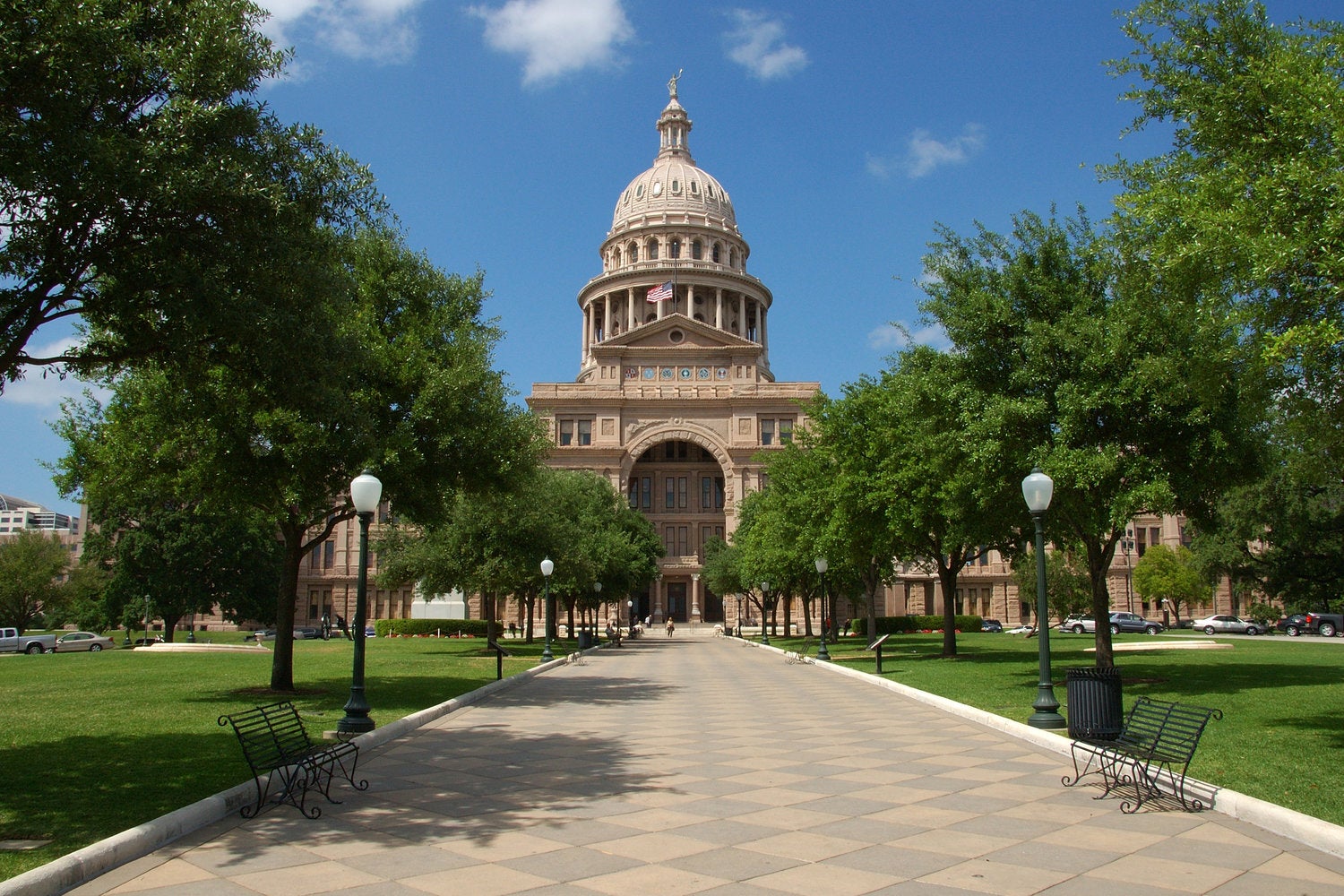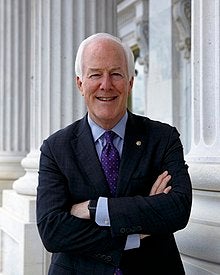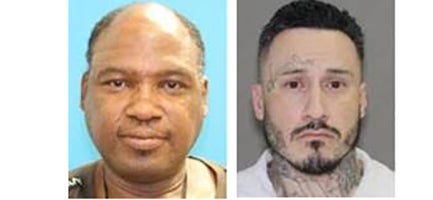Senators look to improve care for most vulnerable children
Published 8:00 am Tuesday, April 9, 2019

- State capitol building in Austin, Texas
By Richard Lee
To The Leader
AUSTIN, Texas — The Senate Health and Human Services Committee took up a number of measures Tuesday aimed at ensuring that children who are dependent on medical care in their day-to-day lives receive the best care possible. Since 2016, STAR Kids, the state Medicaid program that administers healthcare to these Texans under the age of 21, has operated under a managed care (MCO) rather than a fee for service model. That means that MCO providers receive state and federal money to administer healthcare for these children. The bills considered by the committee would seek to improve and streamline access to and delivery of care for the 5600 children covered through STAR Kids.
Committee chair and Brenham Senator Lois Kolkhorst offered the most comprehensive of these measures in the form of SB 1105. “We, I think, can do better, and we will do better with some of the bills we’re seeing this session,” she said. Her bill would seek to implement efficiencies and reforms intended to modernize and improve the administration of the STAR Kids program. Some of these reforms include a uniform Medicaid grievance submission process with standardized definitions, reporting and tracking requirements across all departments. It would also require the Health and Human Services Commission to find ways to improve the SK-SAI, the 41-page assessment form that families fill out upon entering the program and then once each year. Parents often find this form complicated and time-consuming to fill out, especially if there has been no change in medical status since the last assessment. Additionally, HHSC would have to choose a nationally recognized MCO accreditation organization by 2022, and the only contract with MCOs accredited by that organization.
Also considered by the committee is a bill that would give patients another way to challenge denials of coverage by Medicaid programs. Under current law, if an MCO denies a claim, the patient must appeal that decision within the MCO. If they lose that appeal, they can then request a hearing before the HHSC, who will consider the appeal in light of the MCO’s policies and determine whether the denial violated those policies. The problem, says Austin Senator Kirk Watson, is that no one involved in this process is a medical provider who considers the denied service based strictly on medical necessity. “Providing an independent voice in this process who is solely concerned with the medical needs of the individual just makes sense,” said Watson. “This system can work but we just have to make sure the necessary patient protections are in place.” His bill, SB 1140, would allow families the option to seek the opinion of a third-party, neutral healthcare organization expert in the relevant medical field after the MCO appeals process but before the agency hearing. They would be able to issue a determination whether the denied claim is for a service that is medically necessary. If so, the patient will be entitled to the service and if not, the dispute continues to the HHSC hearing process.
On the floor Tuesday, the Senate gave tentative approval to a bill its author says is needed to protect the religious freedom of those individuals whose professions are licensed by the state. SB 17, by Lubbock Senator Charles Perry, would permit individuals facing disciplinary action before a state occupational or licensing board to offer a defense that their behavior was guided by sincerely held religious beliefs. The bill would not shield an individual who breaks a law or who discriminates against classes of people protected under the law or the Constitution. Perry believes that questions involving religious liberty are better resolved by courts than by state regulators. “I don’t want an unelected administrative board making the decision over what my religious liberty looks like or doesn’t look like in application,” he said. “That’s something I think the courts are better suited for.” The law would not apply to police, firefighters, other first responders or healthcare providers in situations where life-saving actions are needed. The bill will require a third, final vote before it clears the Senate.




